PM supports ban on foreigners
- Bangkok Post
- 13 August 2009
The Thai government has reiterated it will do everything in its power to keep the country's rice farming land out of the hands of foreign investors.

The Thai government has reiterated it will do everything in its power to keep the country's rice farming land out of the hands of foreign investors.
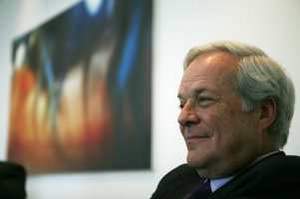
Gulf states buying farmland in developing nations for food security face the risk of damaging their reputation as international investors as the deals are seen as land grabs, a Rothschild executive said yesterday.
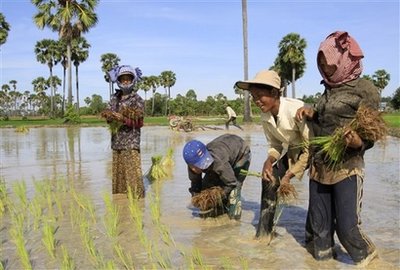
A group of 300 Cambodian people affected by land grabs and evictions - and representing thousands more - gathered in Phnom Penh yesterday to tell the government of their concerns, and to call with a single voice on the government and donor nations to act to protect their land.
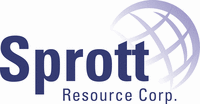
According to Steve Yuzpe, the CFO of Sprott Resource, ongoing population growth, dwindling arable land, water issues, even the falling yield productivity delivered by genetically modified seeds will be the big drivers for continued record demand—pushing food prices ever higher.

Global Witness, an environmental pressure group, estimates Pheapimex now controls 7% of Cambodia's land area.

Direct investment in farmland has outperformed stock and bond returns over various timescales with substantially lower volatility than the US equity market, according to Stephen Johnston of Calgary-based Agcapita Partners
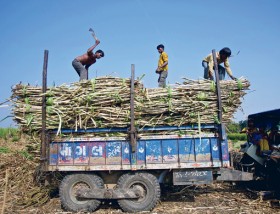
The Gulf countries remain 'highly vulnerable' to commodity price volatility on international markets, as the recent surge in sugar prices shows.
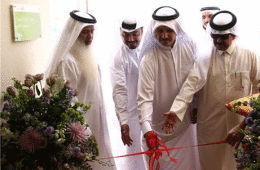
Hassad Food, owned by Qatar's sovereign wealth fund, will buck the Gulf Arab trend of buying farmland abroad to secure food supplies and consider taking stakes in agricultural companies instead, its chairman said.

Foras Investment Company conducted a pre-feasibility study on rice plantation in Mauritania in 2008. The aim of the study is to sieze the opportunity of setting up a rice farm on 2000 hectares in Rosso area.

To be brutally honest, mutual interest is the opposite of what investor countries are looking for
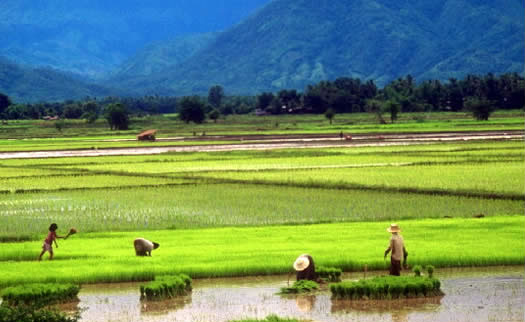
Thailand's Agriculture and Cooperatives Ministry has not found evidence to confirm claims that foreigners are using Thai nominees to buy farmland in Thailand.
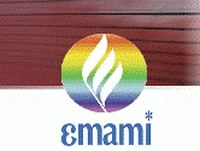
Emami Biotech's project has already begun at Awash Sebat Kilo some 250 km east of the capital Addis Ababa growing Jatropha, sunflower, castor, pulses and various herbs at a cost of $24 million.